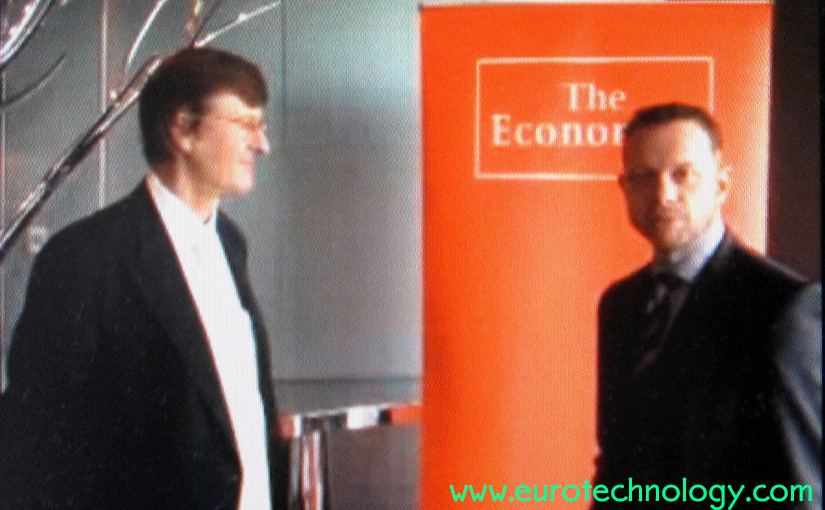Category: energy
-

Sir Stephen Gomersall on UK-Japan business and globalization
Sir Stephen Gomersall: former British Ambassador to Japan and Chairman of Hitachi Europe Sir Stephen Gomersall on UK-Japan business and globalization: Globalization and the art of tea Hitachi – Japan’s most iconic corporation – under the leadership of Chairman & CEO, Hiroaki Nakanishi embarked on the “Smart Transformation Project” to globalize, to face a world…
-

Japan new energy policy creates opportunities for renewables, smart grid and more – interview by The Economist
Japan energy policy: interview for The Economist on YouTube by Gerhard Fasol Japan energy policy – interview outline: Japan energy policy Question: Is the new energy policy of Japan’s Government an appropriate response to the situation or a missed opportunity Answer summary:The Government in its new strategy summarizes Japan’s energy situation and proposes a cocktail…
-

Japan energy – myths versus reality. Japan’s energy situation from the view point of physics
Japan energy – myths versus reality. A lecture for the Stockholm School of Economics presented at the Embassy of Sweden Japan energy – myths versus reality – outline of the lecture: Energy and DNA Energy and Physics, why you need to understand physics to understand energy Ludwig Boltzmann’s tools and laws to work with energy…
-

Japan’s energy – myths versus reality
European Institute of Japanese Studies Academy Seminars presents: “Japan’s Energy – Myths vs Reality” Speaker: Dr. Gerhard Fasol, President, Eurotechnology Japan K.K. Wednesday, June 19th, 2013, 18:30 – 21:00 Embassy of Sweden, Alfred Nobel Auditorium Stockholm School of Economics, European Institute of Japanese Studies for details and registration click here Announcement on the webpage of…